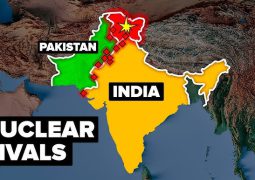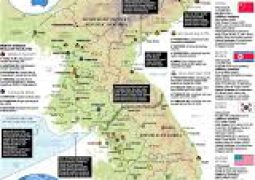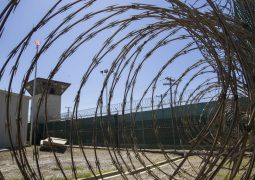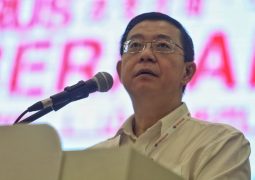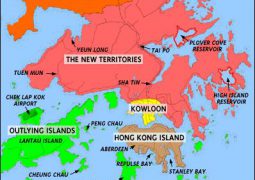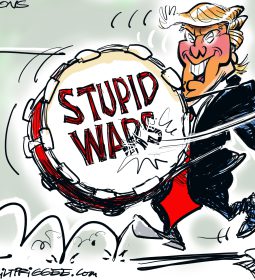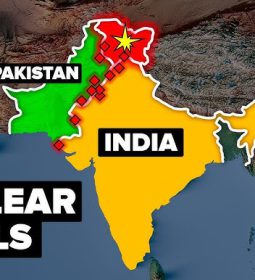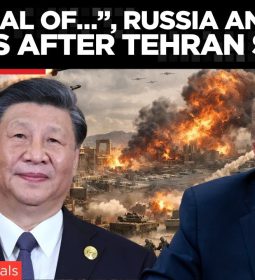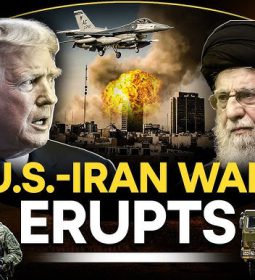Top China official says Hong Kong’s autonomy is not a license to challenge Beijing
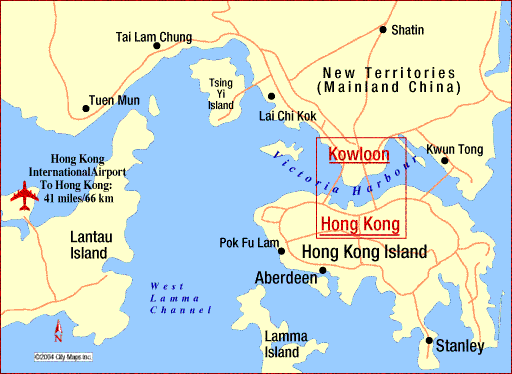
A top Chinese official said on Saturday Hong Kong’s high degree of autonomy must not be taken as a license to confront Beijing, and urged the territory’s government to implement contentious new national security laws.
The comments by Zhang Dejiang, China’s number three official who oversees Hong Kong affairs, highlight growing concerns at Beijing’s top leadership about a fledgling independence or secessionist movement in the former British colony.
They come as Hong Kong, which returned to mainland rule in 1997 amid promises of wide-ranging autonomy under the formula of “one country, two systems”, is set to celebrate the 20th anniversary of its handover on July 1, with Chinese president Xi Jinping widely expected to visit the city.
In some of his strongest comments yet, Zhang, the chairman of the Standing Committee of the National People’s Congress, warned in a speech that Hong Kong’s autonomy should not be used as a license to challenge the central government’s authority.
“Under ‘One Country, Two Systems,’ the Central Government and Hong Kong Special Administrative Region’s power relationship is… not one of power sharing,” Zhang said during an official forum discussing Hong Kong’s mini-constitution, in footage carried by Hong Kong’s Cable TV.
“Under no condition should the high degree of autonomy be used as a guise to confront the Central Government’s authority.”
After the 2014 “Umbrella Movement” protests, where hundreds of thousands occupied the streets for months and demanded full democracy, a nascent independence movement emerged, though it lost momentum after China stepped in last year to effectively disqualify two of the movement’s young leaders elected into legislature.
Apart from the independence movement, another group of activists headed by student protest leader Joshua Wong called for self-determination rights for the former colony.
Zhang slammed both movements on Saturday.
“In practice they attempt to turn Hong Kong into an independent or semi-independent political entity, and to secede Hong Kong from the country,” Zhang said.
“We cannot ignore these actions. The (Hong Kong government) should implement their constitutional responsibility under the Basic Law to enact laws over national security, and resolutely halt any behavior and action that endanger national unity.”
Under Hong Kong’s mini-constitution, known as the Basic Law, the government is expected to toughen up the territory’s existing national security laws, but has held off on doing so since its last attempt in 2003 triggered the first massive street protests after the handover.
(Reporting by Venus Wu; Editing by Muralikumar Anantharaman)
- Previous UAE minister warns Gulf alliance faces a major crisis: Qatar gets another warning not to meddle
- Next Reclaimed land will be collateral for China loan, Penang CM says




